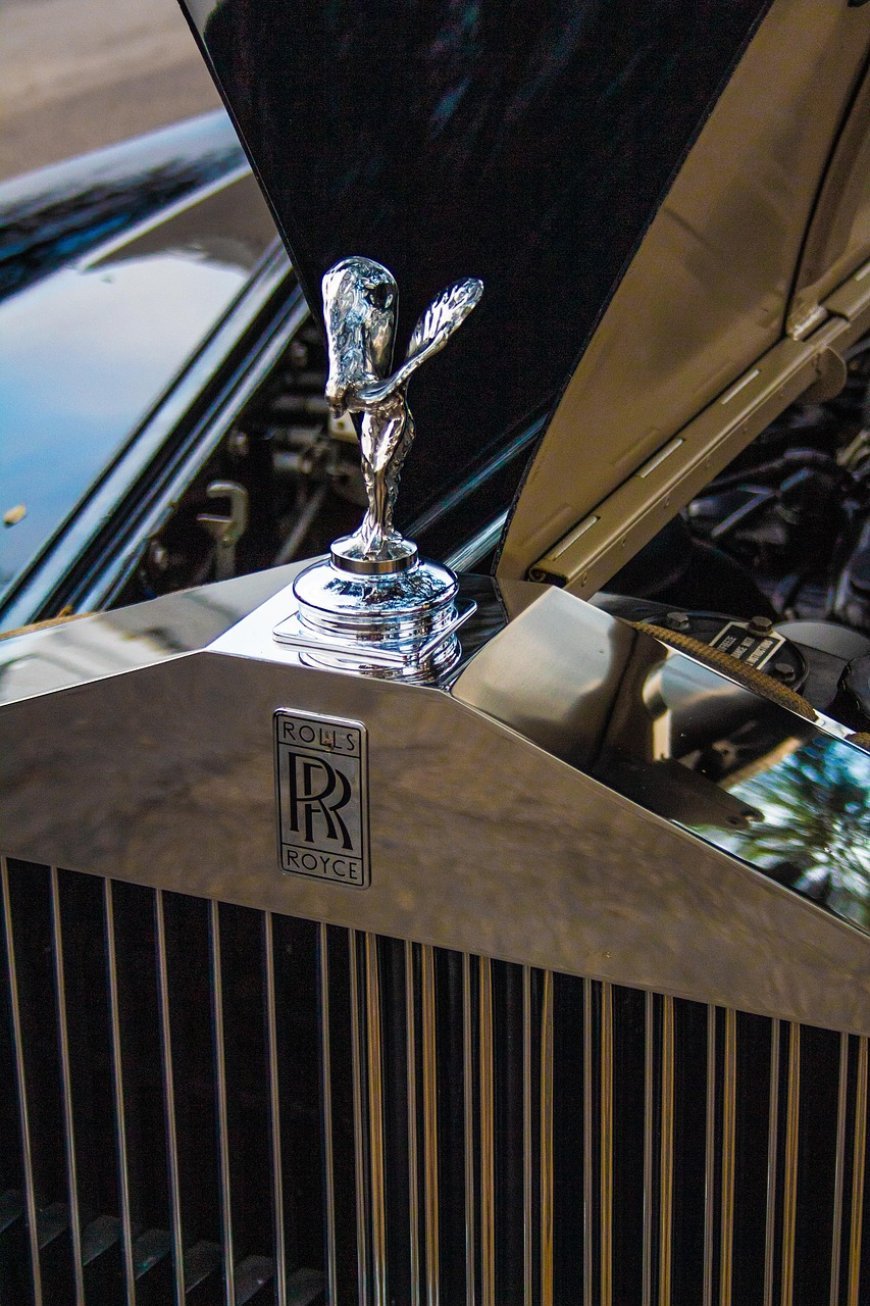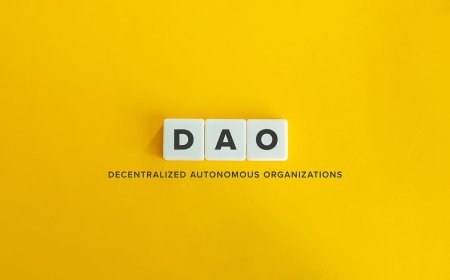Decision Paralysis
For most, the phrase "money can't buy happiness" often rings hollow, overshadowed by the undeniable freedom and security wealth provides. Yet, delve deeper into the lives of the ultra-affluent, and a peculiar challenge emerges: the very absence of financial constraints can lead to an overwhelming paralysis of choice.

When every option is on the table – from which exotic locale to call home, to the bespoke design of their next supercar – the "right" decision becomes maddeningly unclear, transforming luxury into a labyrinth of indecision.
This phenomenon, often termed "the paradox of choice," highlights how an abundance of options, far from liberating, can lead to increased anxiety, regret, and even inaction. For wealthy individuals, who can afford virtually anything, the natural filters that guide most people's decisions (budget, practicality, necessity) simply don't exist. The world becomes an open-ended menu, where every item is equally attainable, and the fear of missing out on a potentially "better" alternative looms large.
Imagine choosing a new car: For many, it's a balance of budget, family needs, and perhaps a dash of personal preference. For a billionaire, the choices span every brand, model, customization, and even the option to commission a completely unique vehicle. The sheer volume of possibilities can be paralyzing. The same applies to real estate – a sprawling estate in the South of France, a penthouse in Manhattan, a private island retreat? Each presents a compelling, yet equally non-essential, proposition.
The Psychology Behind the Paralysis:
-
Increased Cognitive Load: Each option demands mental energy to evaluate. With limitless options, the brain becomes overwhelmed, leading to fatigue and diminished decision-making capacity.
-
Fear of Regret: When there are so many "good" choices, the worry of selecting one and missing out on the optimal or "perfect" one intensifies. This often leads to second-guessing and dissatisfaction even after a choice is made.
-
Elevated Expectations: An abundance of choice raises expectations. The belief that there must be a perfect option leads to perpetual searching and disappointment when reality inevitably falls short.
-
Loss of External Constraints: For the majority, financial limitations provide a natural decision-making framework. Without these, the affluent must create their own, which can be a daunting and often arbitrary task.
Practical and Modern Solutions for the Affluent Decision-Maker:
The good news is that this isn't an insurmountable problem. Modern strategies, often leveraged by top-tier executives and successful individuals in other areas of their lives, can be adapted to navigate personal choices:
-
Define Core Values and Non-Negotiables: Before even looking at options, a wealthy individual should invest time in clarifying what truly matters to them. Is it privacy, sustainability, community, convenience, or unique experiences? By establishing a clear hierarchy of personal values, many choices automatically fall away. For instance, if privacy is paramount, a city penthouse might be less appealing than a secluded rural estate.
-
Employ a "Satisficing" Mindset: Coined by Nobel laureate Herbert Simon, "satisficing" means choosing an option that is "good enough," rather than striving for the absolute "best". For the wealthy, this means acknowledging that perfection is often an illusion and that a "very good" choice is sufficient. This reduces the mental burden of endless comparison.
-
Implement Decision Frameworks: Just as businesses use matrices and cost-benefit analyses, individuals can apply similar structures. Create a list of key criteria, assign weights to them based on personal values, and then objectively score each potential option. This logical approach removes emotional bias and provides a clearer path.
-
Leverage Expert Concierge Services: Beyond financial advisors, a new breed of sophisticated concierge services specializes in lifestyle decisions. These professionals can curate highly personalized, limited options based on deeply understood client preferences, effectively filtering the overwhelming noise of the market. They act as trusted advisors, presenting only the most relevant and suitable choices.
-
Set "Default" Choices and Routines: For recurring but non-critical decisions (e.g., daily attire, meal planning, or vacation styles), establishing defaults can significantly reduce decision fatigue. Like Mark Zuckerberg's famous grey t-shirts, automating minor choices preserves mental energy for truly significant ones.
-
Embrace Iteration and Flexibility: Acknowledge that not every choice needs to be permanent or perfectly optimized from the outset. Buying a car can be seen as a temporary enjoyment, not a lifelong commitment. Renting a property in a new city before buying allows for exploration and reduces the pressure of a single, definitive decision.
-
Practice Gratitude and Mindfulness: Regularly reflecting on the positive aspects of current possessions and experiences, rather than dwelling on hypothetical alternatives, can significantly increase satisfaction and reduce regret. Mindfulness practices can help individuals stay present and appreciate their choices without constant external comparison.
While extreme wealth opens doors to unprecedented possibilities, it also ushers in a unique form of psychological burden. By consciously adopting structured decision-making strategies, clarifying personal values, and wisely utilizing expert support, wealthy individuals can transform the paradox of choice from a paralyzing problem into an opportunity for more intentional and satisfying living.
Want to know how a good morning quote can affect your whole day? Click here to read about Quotations for Good Morning
What's Your Reaction?
 Like
0
Like
0
 Dislike
0
Dislike
0
 Love
0
Love
0
 Funny
0
Funny
0
 Angry
0
Angry
0
 Sad
0
Sad
0
 Wow
0
Wow
0





















